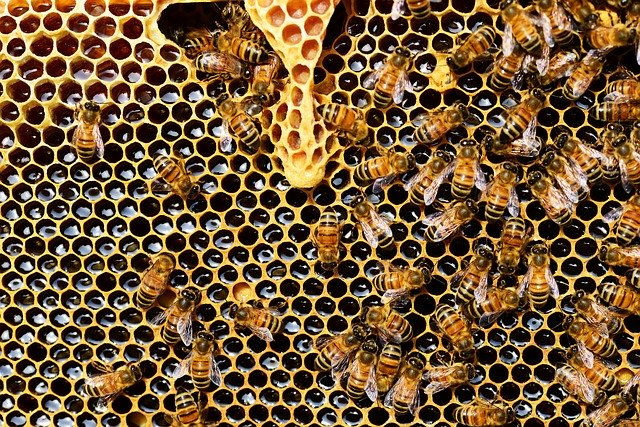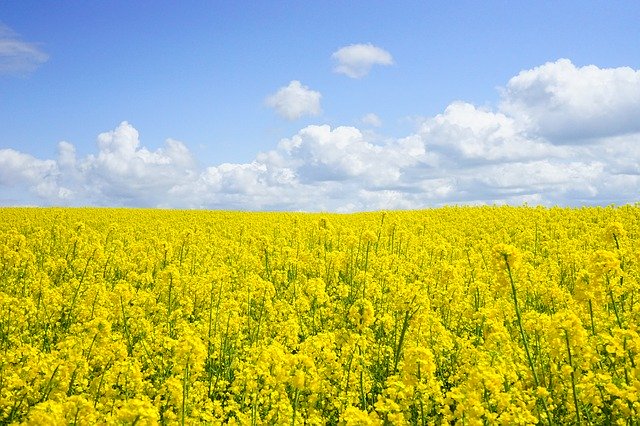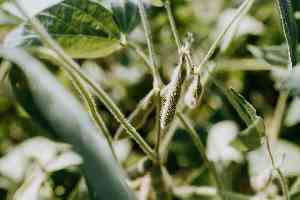What is the best wax for scented candles?
WHAT IS THE BEST WAX FOR SCENTED CANDLES?
Do you want to make scented candles but you don't know which wax to choose? You are lost among the different types of wax: mineral, vegetable, animal... Let's try to see more clearly!
THE DIFFERENT TYPES OF WAX?



Mineral wax, or paraffin, is the most common wax on the low-cost candle market. It is derived from petroleum and obtained from a complex mixture of solid hydrocarbons. It is favored by companies with little regard for the environment for its low cost and ease of use.
Animal wax, or beeswax, is the oldest raw material in the manufacture of candles. It is obtained thanks to the salivary secretions of the bees during the construction of the cells of the hive. It is therefore available in limited quantities.
Vegetable wax, the one that interests us, can come from different plants: soy, rapeseed, sunflower, coconut, palm... It is obtained through a process of hydrogenation of vegetable oil in order to give it a consistency solid.
-------------------------
WHY CHOOSE A VEGETABLE WAX?
- beeswax is a limited commodity and not suitable for people who do not wish to use ingredients of animal origin, so it is not Vegan.
- Paraffin (mineral wax) has several negative aspects: toxic fumes, from a non-renewable raw material, rapid combustion...
In short, you clearly do not want to create candles that present a danger to your health or to the environment… As you will have understood, we advise you to choose a vegetable wax, it remains to know which one to turn to.
-------------------------
WHICH VEGETABLE WAX TO CHOOSE?
After much research, we chose rapeseed wax for the creation of our candles and believe us, it only has advantages among all other vegetable waxes.


It is obvious that we have automatically eliminated palm wax because, like palm oil, its production uses highly toxic products and is responsible for significant deforestation which contributes to the disappearance of certain animal species.
The use of coconut wax (often combined with another vegetable wax from other manufacturers) was also very quickly eliminated. Indeed, coconut palms are tropical plants and are therefore grown mainly in the Philippines and Indonesia. In addition to the fact that the importation of this wax has a big environmental impact, its cultivation is also responsible for the disappearance of several species of animals.
For the reasons mentioned above, the two vegetable waxes most used for candles are soy wax and rapeseed wax. If these two waxes have almost identical properties in terms of olfactory rendering and the manufacture of scented candles, their cultivation method nevertheless differs.

The soy found in France is mainly imported from Brazil and is genetically modified. It is also responsible for a large part of global deforestation. Used primarily to feed livestock, soy is grown invasively.
-------------------------
RAPESEED WAX: ONLY ADVANTAGES
For all these reasons, we finally selected a 100% rapeseed wax. The rapeseed wax we use is 100% vegetable, additive-free, GMO-free, pesticide-free, biodegradable, VEGAN and grown in the European Union. What qualities!
.jpg)
Rapeseed cultivation:
Mainly from cultures located in France and Germany, the transport of wax rapeseed plant to France therefore has a low carbon footprint.
In addition, its cultivation is done in rotation: sown at the end of summer, it is positioned first in the rotation of farmers' crops before cereals. By absorbing nitrogen and breaking the cycle of weeds and diseases, oilseed rape reduces the amount of fertilizers and pesticides that need to be used for subsequent crops.
And, last but not least, it has a melliferous flowering: that is to say that its flowers are very popular with pollinating insects. This makes it, moreover, in many agricultural regions, the first floral resource for honeybees when they come out of hibernation.

The properties of rapeseed wax:
Rapeseed wax has an excellent olfactory rendering both cold and hot.
Who has never been disappointed to buy a candle that smells extremely good at the store but which, once lit at home, smells absolutely nothing? With rapeseed wax, no risk.
It has a longer burn time than regular paraffin wax, allowing you to enjoy your candles for much longer.
Something to spend good times accompanied by your favorite vegetable candle.
So, convinced?
